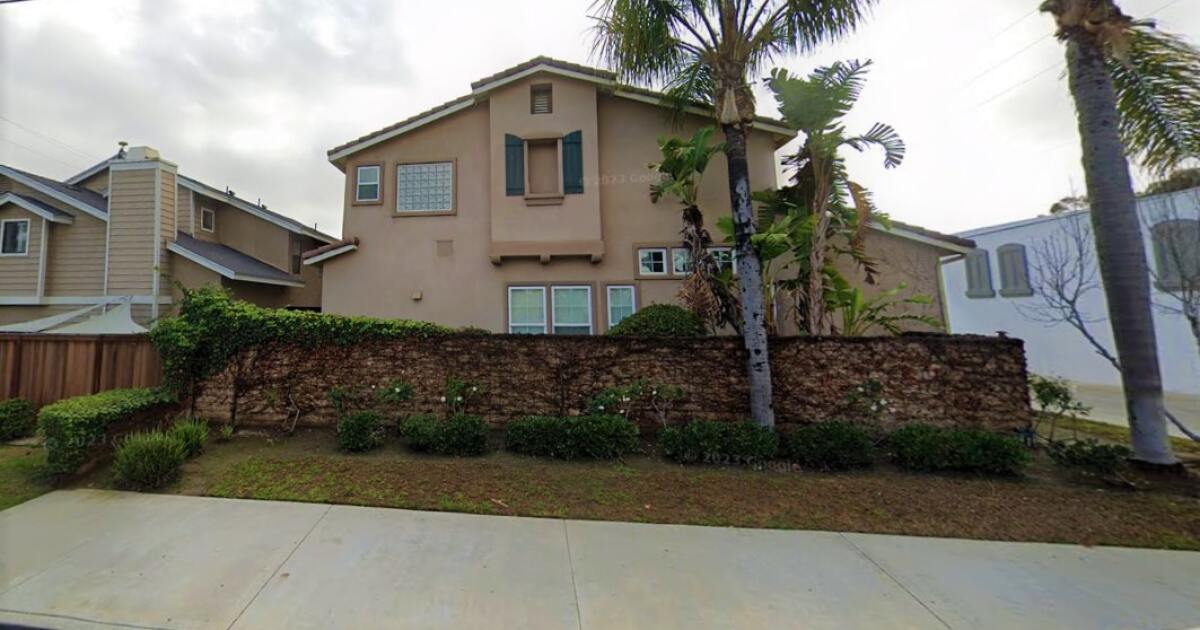
The Costa Mesa Planning Commission will consider next week a request from a sober living facility operator that sounds like deja vu all over again — Ohio House is back on the agenda.
A long dispute between the city and the proprietors of the business has played out in recent years, not only before the Planning Commission and City Council but in the U.S. District Court and the U.S. 9th Circuit Court of Appeals, both of which sided with Costa Mesa.
Still, the business will return to the commission Monday for one more bite at the apple, this time appealing a July 2 refusal by the city’s economic and development services director to effectively waive a locally-mandated distance buffer between sober living homes so that Ohio House may legally do business.
Located at 115 E. Wilson St., on a parcel containing five detached, two-story homes with seven occupants and two resident managers per unit, the enterprise has been operating inside city limits since it legally obtained a use permit in 2015.
Ohio House was already treating clients in 2016, when the city — attempting to prevent an over-concentration of rehabilitation centers — passed local laws prohibiting two such sites from operating within 650 feet of one another.
Brandon Stump, who reportedly invested $7 million in the Wilson Street residences, described in a letter to city officials his dismay when he learned another facility on the same block, at 165 E. Wilson Street, had already been granted a new permit, barring his from being approved.
“Because the city first granted a permit to another home 550 feet away from my homes, something I had no control over, the new rule directly impacted the properties I had already purchased in good faith,” Stump wrote.
“We are simply asking for recognition of the fact that we invested here in good faith before the ordinance was enacted and that our presence in Costa Mesa is not only legal, but beneficial to the community.”
Stump’s pleas have so far fallen on deaf ears. Ohio House sought exemptions and considerations from the city twice, in 2017 and 2023, being denied administratively and then appealing those decisions before the Planning Commission, which upheld the director’s denials. Both times, Ohio House appealed the commission’s decisions before thea City Council and was denied.
Issuing rulings in a lawsuit filed by Ohio House against the city that claimed denials illegal constitute discrimination under federal fair housing laws, federal judges found the city did not discriminate in upholding local mandates.
Finding no favor at the federal level, Ohio House in May submitted a third request to the city for reasonable accommodation, citing new circumstances, including the city’s housing element and rulings in other similar cases. That request was denied by the city’s development director in the July 2 determination.
Commissioners Monday will consider an appeal of that decision. In a report for the item, staff recommended against granting the operator’s request.
“Approval of the requested reasonable accommodation would result in a fundamental alteration of the zoning program, including an overconcentration of group homes, sober living homes and drug and alcohol treatment facilities in a residential neighborhood and the related effects of such overconcentration,” staff wrote.



